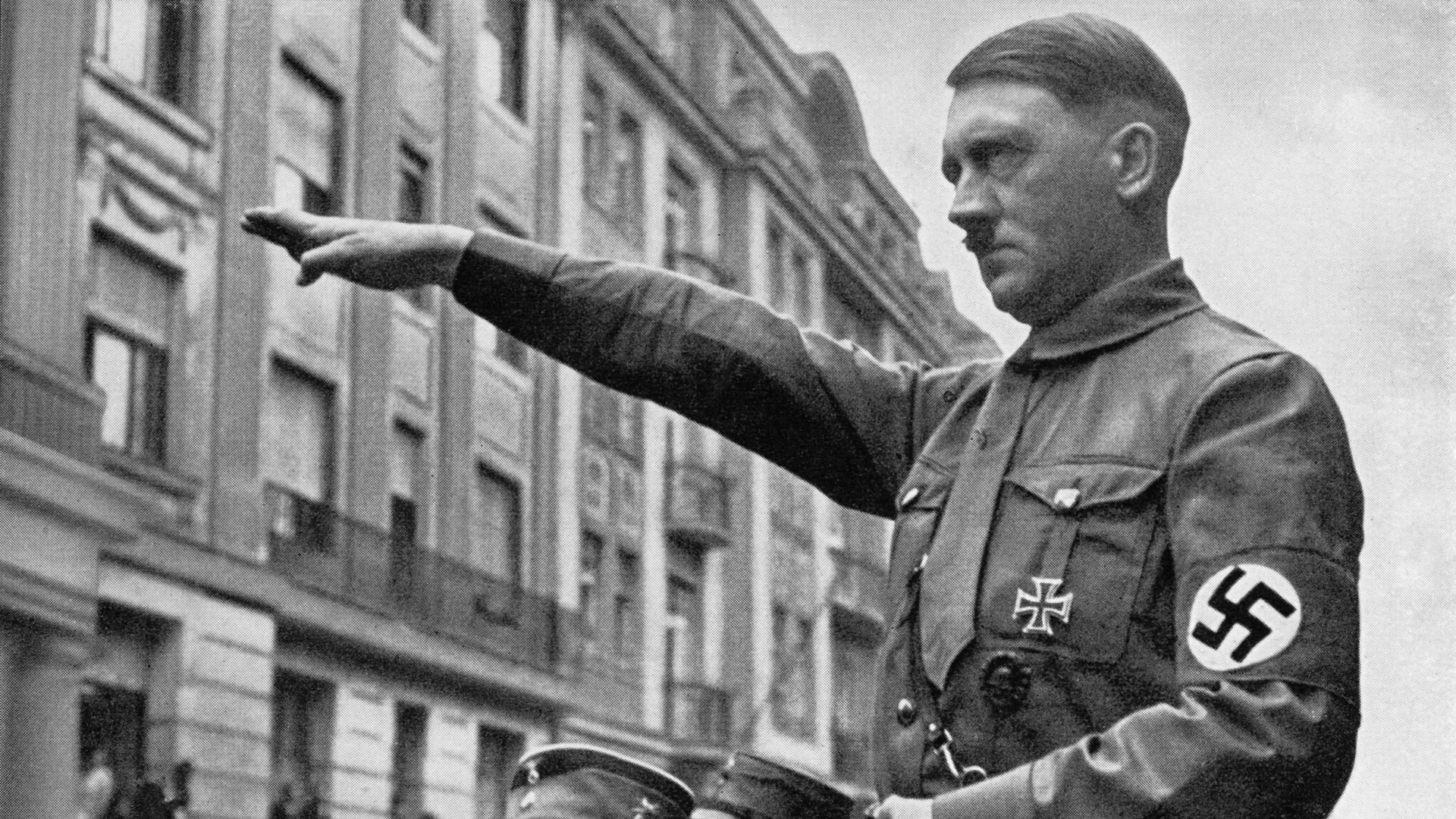Adolf Hitler, born on April 20, 1889, in Braunau am Inn, Austria, became one of history’s most notorious figures. As Nazi Germany’s dictator from 1933 to 1945, he initiated World War II and orchestrated the Holocaust, causing the deaths of over 60 million people, including six million Jews.
Hitler’s early life was troubled. After failing as an artist in Vienna, he moved to Germany. He found purpose in serving during World War I. Germany’s defeat in 1918 and the harsh Treaty of Versailles deeply angered him. He blamed Jews, communists, and others for the nation’s suffering.
In 1920, Hitler joined the Nazi Party and rose to leadership due to his fiery speeches and ability to inspire. By 1933, he was appointed Chancellor of Germany. He quickly dismantled democracy, creating a one-party dictatorship. His regime promoted aggressive nationalism, anti-Semitism, and military expansion.
In 1939, Hitler invaded Poland, sparking World War II. As his armies advanced across Europe, he implemented the Holocaust, a systematic genocide targeting Jews and other minorities. His obsession with power and military dominance led to catastrophic losses.
By 1945, Germany was losing the war. Allied forces surrounded Berlin. Refusing to face capture, Hitler died by suicide in his bunker on April 30, 1945. His death marked the collapse of Nazi Germany.
Hitler’s legacy serves as a grim reminder of the consequences of unchecked power and extremist ideologies. His actions reshaped global history, leaving a scar that continues to influence modern political and ethical discussions.




